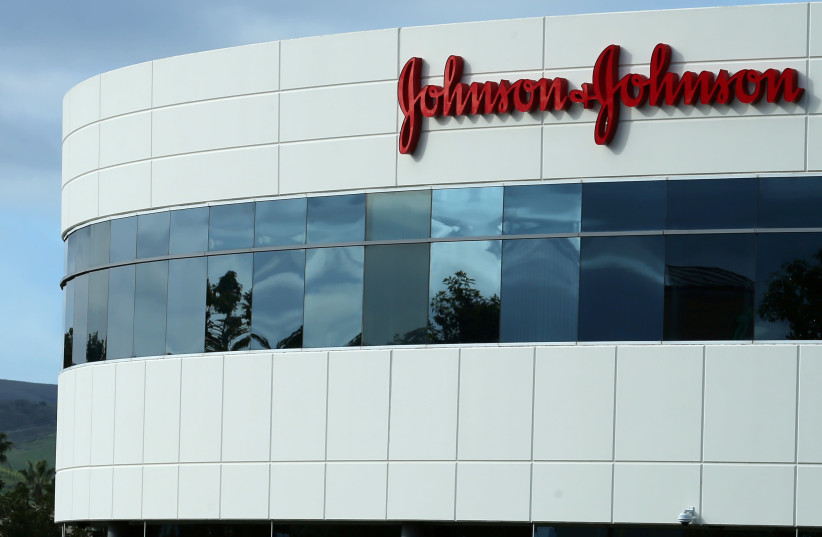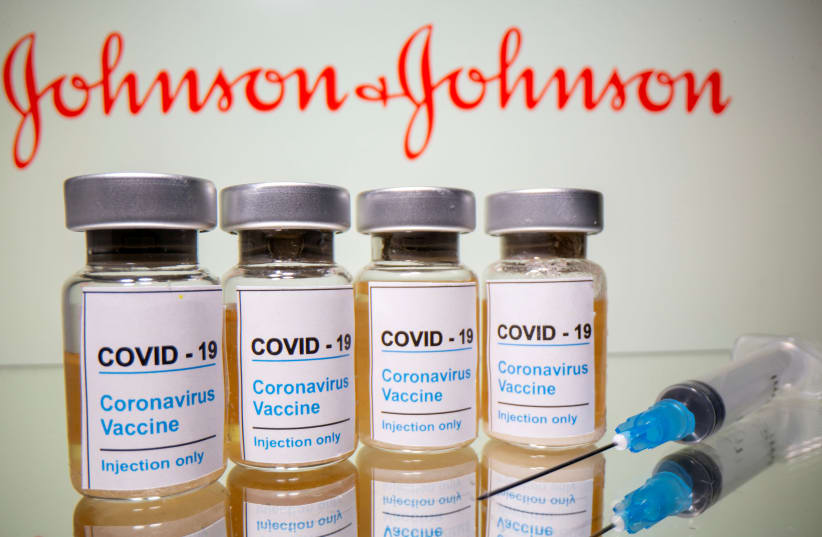People who received Johnson & Johnson's COVID-19 vaccine will have a stronger neutralizing antibody response if they get an mRNA shot as the second dose, Axios reported on Tuesday, citing a person who has seen data collected by the US National Institutes of Health (NIH).
J&J has asked the US Food and Drug Administration (FDA) to approve a shot of its own single-dose vaccine as the booster dose. The FDA's advisers are set to consider the need on Friday.
The NIH will present the mix-and-match data to the FDA panel on Friday, Axios said.

There were limitations to the NIH data, according to the report. Neutralizing antibodies only prevent the virus from entering cells and replicating, and the report said it was unclear how long the response will last.
The NIH, FDA and J&J did not immediately respond to Reuters' requests for comment.
Two-dose vaccines made by Pfizer Inc and its German partner BioNTech and Moderna Inc use mRNA technology.
The health regulator's outside experts will also discuss the need for an additional dose of Moderna's vaccine on Friday.
Scientists at the FDA have said Moderna had not met all of the agency's criteria to support the use of booster doses of its COVID-19 vaccine, possibly because the efficacy of the shot's first two doses has remained strong.
